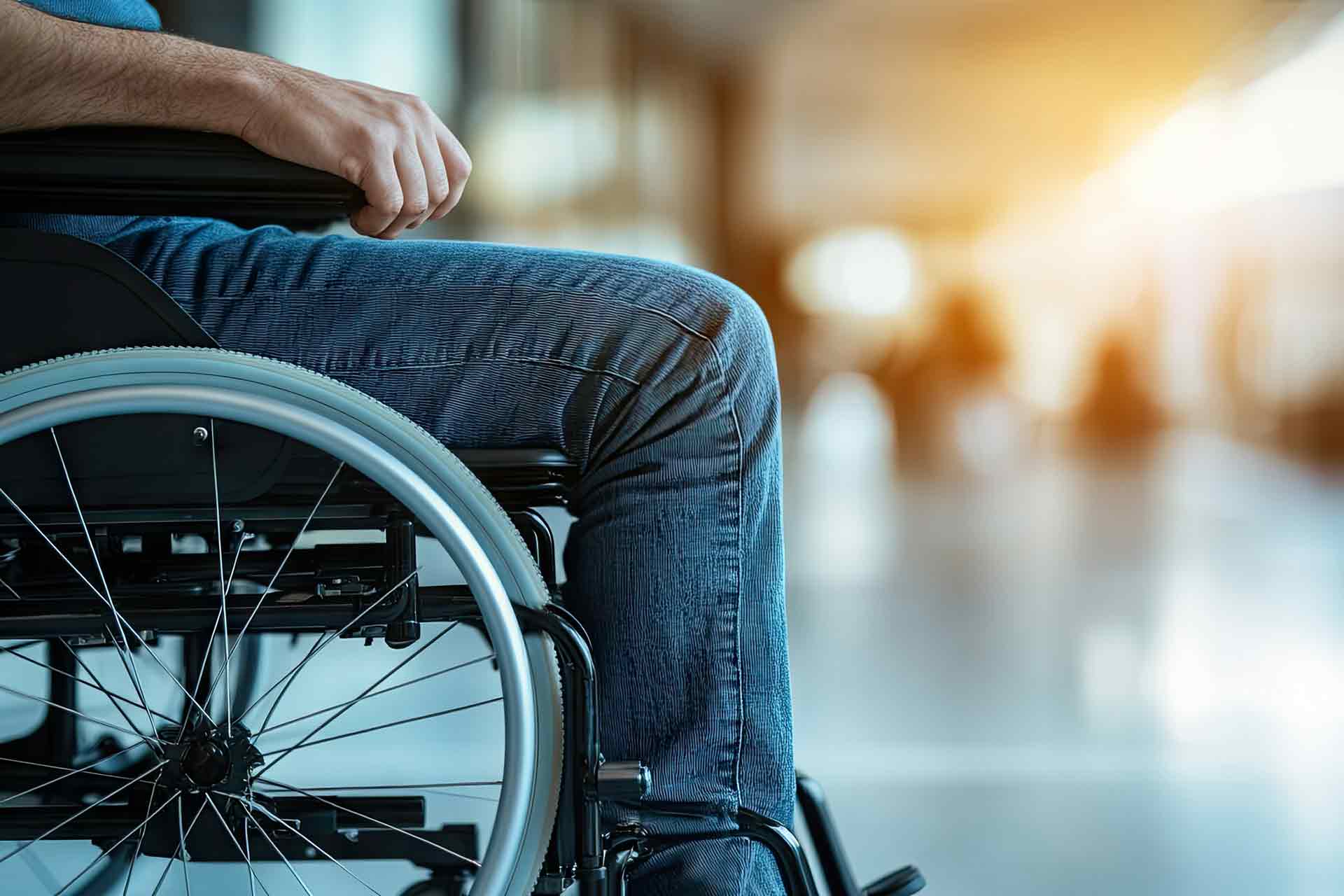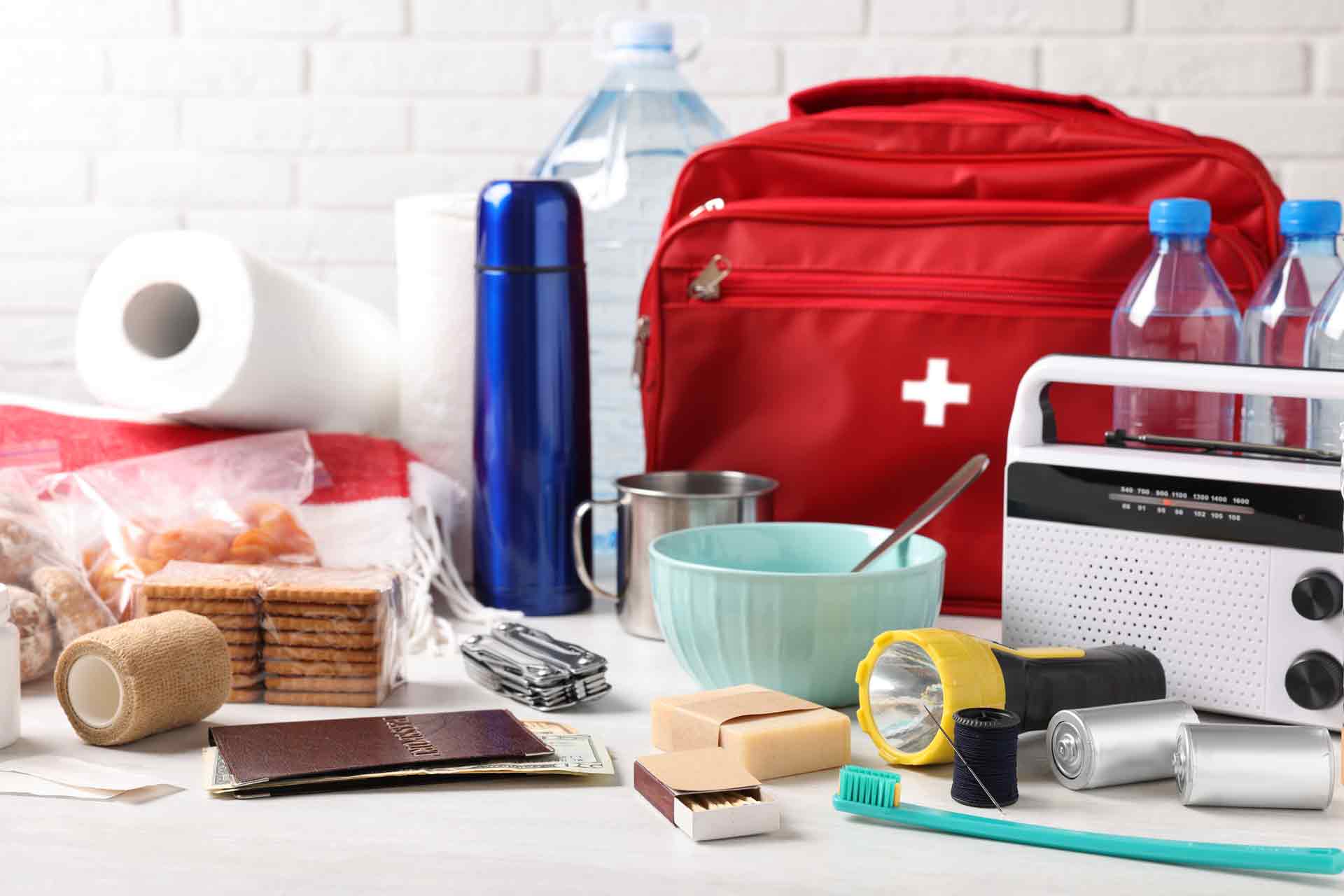Creating an Emergency Plan for Seniors With Special Needs
Feb 11, 2025
This guide provides practical, actionable tips to help older adults and their caregivers prepare for emergencies and ensure safety and peace of mind.
Understanding the Challenges for Seniors With Special Needs
Older adults with special needs face unique challenges during emergencies.
- Mobility limitations: Difficulty walking, using stairs, or maneuvering in tight spaces can hinder evacuation efforts. Seniors with conditions like arthritis, osteoporosis, or those who rely on wheelchairs, walkers, or canes may have difficulty reaching safe areas during a disaster.
- Chronic health conditions: Many older adults rely on medications, medical equipment, and consistent healthcare. Disruptions to their routines, such as power outages affecting medical equipment or difficulties accessing medications, can have severe health consequences and significant financial implications. Conditions like diabetes, heart disease, respiratory illnesses, and those requiring dialysis or oxygen therapy needs careful planning.
- Cognitive impairments: Seniors with cognitive impairments, such as dementia or Alzheimer's disease, may experience confusion, disorientation, or difficulty understanding and following instructions during an emergency. This can increase their risk of wandering off, becoming lost, or making unsafe decisions.
For example, during a hurricane, a senior with mobility limitations may need assistance reaching a shelter or staying safe at home. Similarly, a power outage could disrupt essential medical equipment such as oxygen concentrators, potentially leading to costly emergency medical care. By addressing these specific needs, seniors can better prepare for the unexpected.
Emergency Preparedness Tips for Seniors With Mobility Limitations
Step 1: Create an accessible emergency kit
A well-prepared emergency kit ensures that essential items are within reach when needed most.
Actionable tips:
- Include necessary medications, medical equipment (e.g. walkers, canes), and spare batteries for motorized devices.
- Consider purchasing generic medications from pharmacies, like Walgreens or CVS, when possible to save on prescription costs.
- Look for discounts on medical equipment and supplies from reputable suppliers.
- Store medications and mobility aids in a waterproof bag to protect them from water damage.
- Pack lightweight, easy-to-carry items for convenience.
- Use a rolling bag or backpack with sturdy wheels for easy transport.

Step 2: Plan evacuation routes and assistance
Evacuation requires additional planning and support for seniors with mobility limitations.
Actionable tips:
- Identify local shelters that are wheelchair-accessible.
- Arrange for transportation assistance with family, neighbor, or community services.
- Explore free or low-cost transportation options during emergencies, such as those offered by local volunteer organizations.
- Consider joining a community-based transportation program for seniors.
- Register with local emergency services to get priority assistance during evacuations.
- Keep a list of contacts who can provide immediate help during an evacuation.
Emergency Preparedness Tips for Seniors With Chronic Health Conditions
Step 1: Safeguard medications and medical equipment
Maintaining access to medications and equipment is critical for seniors with chronic conditions.
Actionable tips:
- Store a 7-14-day supply of medications in a waterproof container.
- Label medications clearly and store them in a bag that's easy to grab during an evacuation.
- Work with your local pharmacy to find prescription discount programs like Amazon Pharmacy's discount coupons or California's Prescription Drug Discount Program or Medicare recipients, or mail-order options.
- Pack backup supplies for essential devices, such as oxygen tanks or dialysis equipment.
- Explore options for purchasing medical equipment at a discount, such as through medical supply companies that offer senior discounts or financial assistance programs.
- Keep a list of medications, dosages, and emergency contacts for healthcare providers.
Step 2: Prepare a medical information file
Having a comprehensive medical file can provide lifesaving information during emergencies.
Actionable tips:
- Include copies of medical records, health insurance details, and a list of allergies.
- Share the file with a trusted family member or caregiver.
- Store the file in a waterproof, fire-resistance folder for added security.
- Keep the medical file in a prominent location so it's easy to find in a hurry.
- Having a readily accessible medical information file can help streamline insurance claims and reduce out-of-pocket costs during medical emergencies.

Emergency Preparedness Tips for Seniors With Cognitive Impairments
Step 1: Simplify instructions and emergency plans
Seniors with cognitive impairments may find it challenging to follow complex instructions.
Actionable tips:
- Use visual aids, step-by-step guides, or color-coded labels on emergency kits.
- Create a laminated card with simple evacuation steps and emergency contacts.
- Practice emergency drills regularly to build familiarity with the plan.
Step 2: Ensure continuous supervision and support
Additional supervision and support can help seniors with cognitive impairments stay safe.
Actionable tips:
- Assign a caregiver or family member to be their emergency buddy.
- Search for low-cost or volunteer-based options for caregiver support during emergencies.
- Look into government programs or community resources that may offer financial assistance for emergency preparedness or caregiver support.
- Use wearable devices, such as GPS trackers, to prevent wandering during evacuations.
- Equip them with a medical ID bracelet listing their name and condition. For example, a senior with dementia might wear a bracelet that includes their caregiver's contact information for emergencies.
Collaborate With Your Community for Added Support
Community resources can play a vital role in emergency preparedness for seniors with special needs.
Actionable tips:
- Join local emergency registries for seniors with special needs to receive alerts and assistance.
- Look for community organizations that offer free or low-cost emergency preparedness resources for seniors.
- Participate in community preparedness workshops or drills to build confidence and skills and to gain connections to resources for financial assistance.
- Connect with neighbors for mutual aid during disasters.
- Sign up for text alerts or apps that notify you about emergencies in your area, ensuring you stay informed.
Plan To Protect Yourself and Your Loved Ones
Emergencies are unpredictable, but preparation can make all the difference. You can create a customized emergency plan that ensures safety and peace of mind by addressing the unique requirements of seniors with special needs.
Take the first step today by building an emergency kit, reaching out to community resources, or practicing an evacuation drill. By taking proactive steps to prepare for emergencies, seniors and their caregivers can not only enhance their safety and well-being but also minimize potential financial losses associated with unexpected events.
Your safety and those of your loved ones starts with preparation. Begin today by creating a customized emergency plan that meets your specific needs. Don't wait. Take action now to ensure peace of mind during any crisis.








